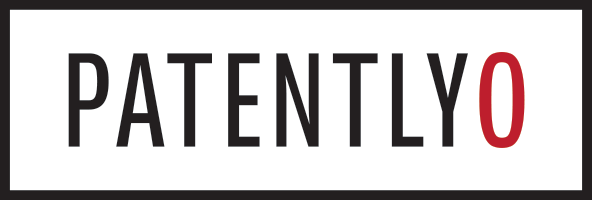
"Hikma's generic Vascepa, with its "skinny label," poses a challenge for patent protection, potentially undermining the incentives for innovation in the pharmaceutical industry."
"The case exemplifies the tension between lower drug prices advocated by some Republicans and the protection of innovator businesses, highlighting ongoing political lobbying."
"Physicians are incentivized to prescribe Hikma's lower-cost generic for patent-protected cardiovascular uses, raising questions about patent enforcement and drug affordability."
"The strong correlation between severe hypertriglyceridemia and cardiovascular risk complicates the legal landscape surrounding generic drug labels and patent infringement."
The Supreme Court is reviewing the case Hikma v. Amarin concerning generic drug labeling and patent infringement. Hikma's generic Vascepa features a "skinny label" that excludes the patented cardiovascular use, which may incentivize doctors to prescribe it due to lower costs. This situation is further amplified by political lobbying concerning drug prices versus innovation. The decision could impact drug pricing strategies and the legal framework for patent protections, especially for cases where indications are closely correlated, opening discussions about the balance between affordability and innovation in pharmaceuticals.
Read at Patently-O
Unable to calculate read time
Collection
[
|
...
]